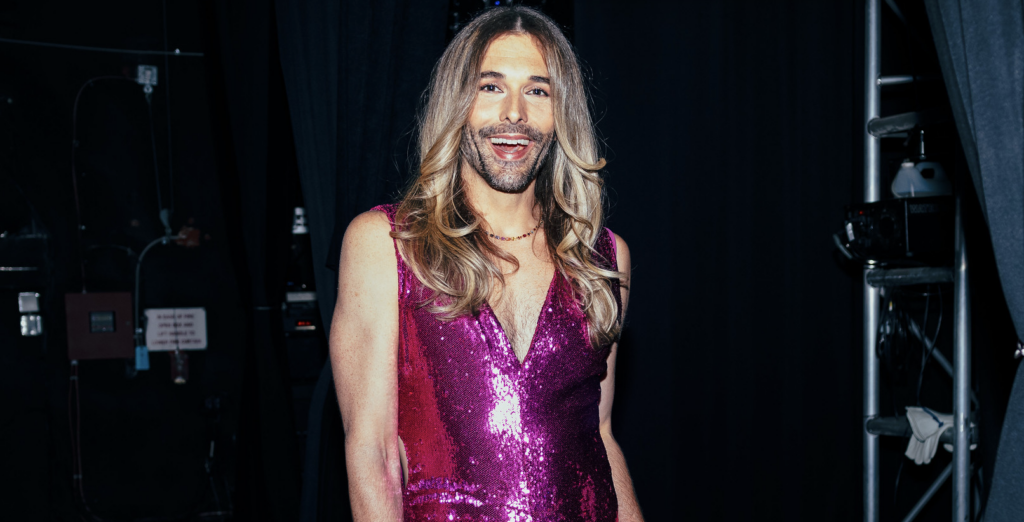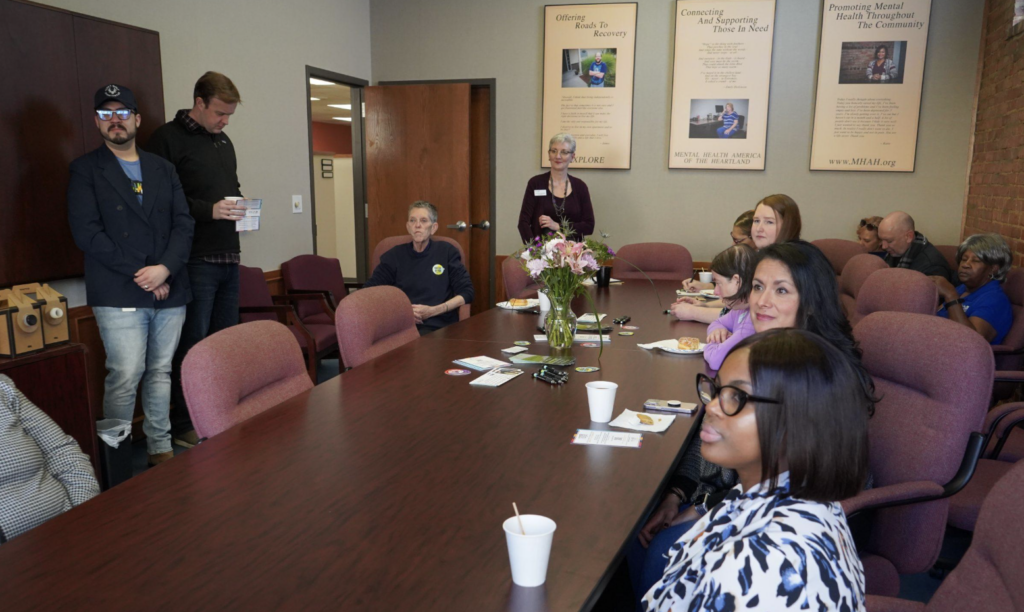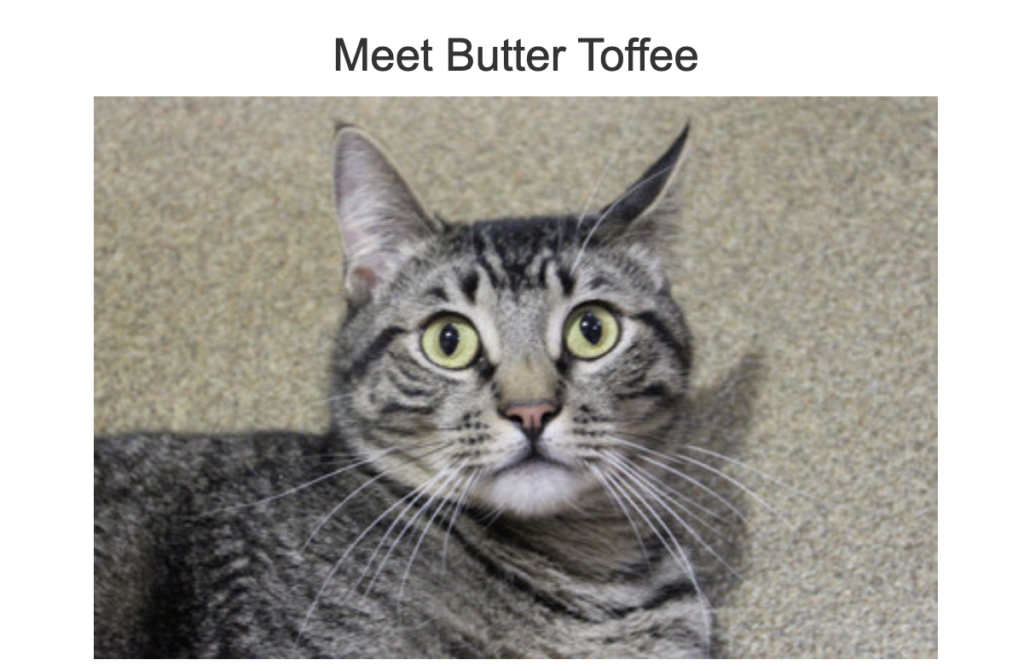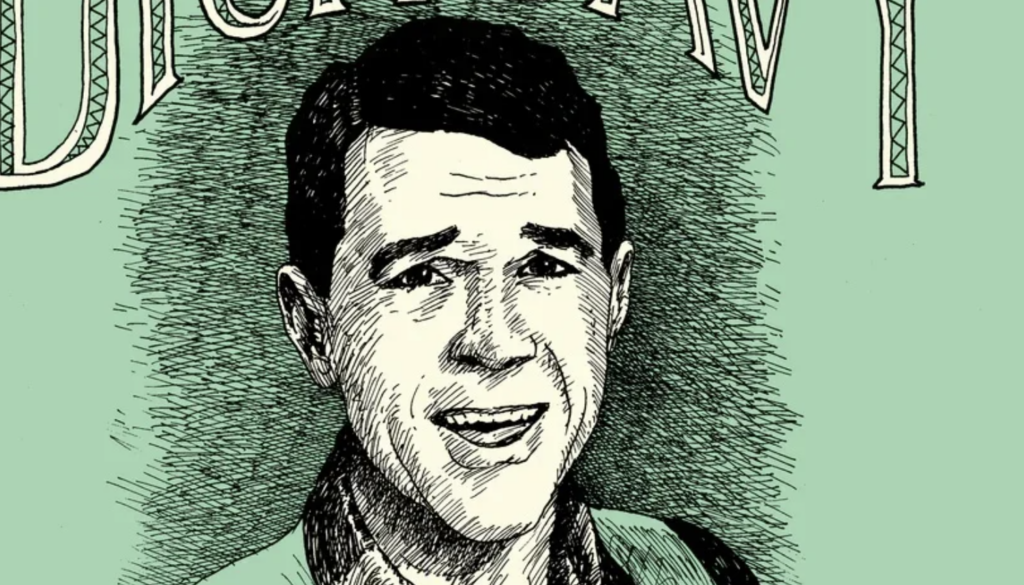Let’s Go to Court hosts keep their crime podcast unique in a crowded genre
Brandi Pond and Kristin Caruso talk about how the show got started in 2018 and where it goes from here.
Picture this: It’s 2018 and best friends Kristin Caruso and Brandi Pond have decided to do something productive with their constant research about true crime and court cases. The solution? Start a podcast.
With one semester of law school and one semester of criminal justice under their collective belts, Caruso and Pond started their podcast Lets Go to Court in 2018. Each episode of the show involves one of the friends describing to the other a case that they found interesting all the way from the crime being committed to the court case that follows with only a few tangents in between. They are childhood best friends, after all. What can you expect?
With their podcast on the rise and a recent format change to their episodes, The Pitch wanted to sit down and chat with the hosts of Let’s Go to Court to see what this journey has been like and where they hope it will take them.
The Pitch: When you started this podcast five years ago, did one of you spearhead the idea or was it a mutual idea?
Kristin Caruso: We went to a live show for My Favorite Murder when they were in town, and I always thought their format was really fun. It’s just two friends talking, so I thought Brandi and I could do that. I called up Brandi, and we had margaritas and nachos and wildly unrealistic expectations of what would happen. In that first conversation, Brandi was like, “Oh my god what if we go on a European tour?” and I was just like, “Absolutely.”
Brandi Pond: And then, for two years, we had 12 people listening to the podcast. But it’s been lovely to see it grow into what it is today.
What has been the hardest thing about doing this show for the last five years, and what has been one of the easier things?
Pond: The easiest thing for me is that we get to hang out every week. I think as adults, you don’t carve out time for that a lot. Every week we get together, have lunch, and record. We’re here to do work, but it gives us an excuse to see each other every week. The hard part is that a ton of research goes into every case we do and sometimes it can be really dark subject matter. That can be really taxing mentally. And even just putting yourself out there. We talk a lot about ourselves on the show, which is one thing I really love about it but it opens you up to a lot of criticism which I don’t think we’ll ever get used to.
Do you have a favorite episode that you’ve done or maybe one that you’re proud of the work you put in?
Pond: A favorite of mine is the two-parter I did on Jodi Arias. That was a case that I followed like it was my job while it was happening so it felt very daunting to cover it on the show. People kept requesting it, so I finally decided to do it in two parts. It was a lot of work, but it turned out so well.
My favorite that Kristin has done is the reluctant lottery winner. There are so many aspects to that case. It’s so wild.
Caruso: Brandi is so wrong about her best being the Jodi Arias case. The Watcher episode had me on the edge of my seat the entire time. That’s the perfect episode for me—no one gets murdered.
There are a lot of podcasts out there, a lot of true crime podcasts specifically, so what would you say sets your podcast apart from others?
Caruso: It’s us. I mean, anyone can research cases and retell them, but I think it’s the fact that we have this friendship that goes back to the fifth grade, and we bring so much of ourselves to it every week. Some people don’t enjoy that aspect as much, but it makes us unique.
Pond: I completely agree with Kristin. There are a million True Crime podcasts out there; our relationship makes us different and sets us apart from other podcasts. It’s not for everybody all the time, and we get that. There are plenty of straightforward true crime podcasts if that’s what you want, but that’s not what we’re here to deliver.
There’s a lot of discourse around true crime as a genre, and people who listen to it or engage in it for entertainment can seem weird or insensitive to those who don’t enjoy it. What would you say to those who see it as wrong to engage with?
Caruso: That’s a tough one for me because, in a way, I get it. It isn’t for everyone, and I think that’s why it’s so important to be a careful consumer of true crime. If you’re watching something and feel like the victim of a crime is being disrespected, turn that shit off. You must be careful about everything you watch, read, and listen to. Is something victim-centered? If there are jokes, where are the jokes coming from? Like, at whose expense are we laughing? Are we laughing because Brandi mispronounced a word or because someone got stabbed? That’s what it comes down to.
Pond: People are valid with their concerns. True crime is everywhere, and I think we do our best to make sure we are always respectful to the case we’re covering, the victims in the case, and even the source material that we’re pulling from. We make sure we’re pulling from the right places and not just some weird blog on the internet.
If, when you die, you get to ask for the answer to one unsolved case, which one would you ask about?
Pond: Okay, I think my answer would be…
Caruso: You’re gonna say JonBenet, aren’t you?
Pond: That is exactly the first thing that pops into my mind! I’m so torn on that case. But I do have a different one—the staircase. That’s the one that I would want to know the truth about what really happened.
Caruso: This is really hard for me. I don’t have a specific case, but probably a civil rights case that’s unsolved would be my pick.
Being from the area, what are some local cases that stick out to you as sort of your first reality check?
Pond: For me, it would be Kelsey Smith. I’ve been aware of crime my whole life, but her case happened when I was 21, and here was this teenage girl who just graduated college and was abducted from a Target in Johnson County and murdered. I had been at that same Target earlier that day. This was the case that hit the closest to home for me ever. It’s always on my mind because it happened in broad daylight and shattered this safe Johnson County bubble I thought I had been living in.
Caruso: The pharmacist Robert Courtney. He was diluting a lot of drugs, specifically cancer medication. It was terrible because a lot of those patients were dying, and it was terribly sad, but no one really looked twice at it because that happens. Luckily, one doctor was on to him, and it spiraled into an investigation. That one always stood out to me because it was local, and I wasn’t really aware that a crime like that could happen. It never occurred to me that a pharmacist would dilute life-saving drugs to make more money.
You recently changed your format for the episodes from both of you doing a case for each episode to only one case a week. Why did you make this change, and was it a hard one to make after having the same format for five years?
Caruso: It’s a change that needed to happen for both of us. I’ve been trying to write a novel, and it’s been taking forever. A big part of that is that the episodes take a very long time to prepare for and to record. Putting out an episode is more than just sitting down and recording it. There’s a lot more that goes into it. The irony is that it’s improved the podcast because we’re more relaxed and can go more in-depth with the cases. I think part of the reason we were so nervous about it was fear of backlash. We’ve done this for five years, and for a long time, we did it for nothing. So to finally see it succeed makes it scary to mess with the formula.
Pond: The response has been very different than what we thought it would be. It’s been 99% positive, which has been great.
Where do you see this going from here? Do you see a stopping point anytime in the future, or do you see it going on indefinitely?
Pond: The goal is to do it for as long as we can. We’ll be doing live shows in the retirement home. That’s part of the motivation behind the format change, to make it more sustainable for us to keep doing this for as long as we people will listen.
Let’s Go To Court releases new episodes every Wednesday wherever you get your podcasts. You can also keep up with them on their Instagram, Facebook, and Twitter, and you can join their Patreon to get bonus episodes of the show.





